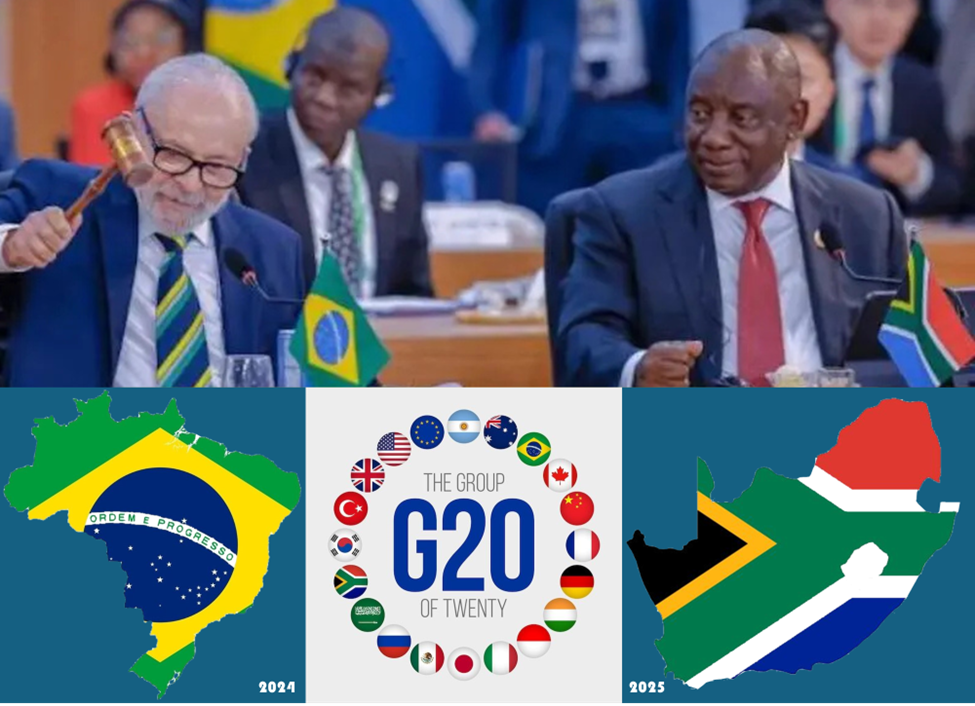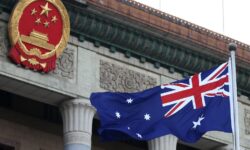
In a rapidly transforming global landscape, the 2025 G20 Summit held in São Paulo, Brazil, emerged as a pivotal moment for multilateral diplomacy. As global challenges continue to grow in complexity—from climate change and economic volatility to AI-driven disruption—world leaders gathered with renewed urgency and collective resolve. The summit served not only as a platform for policy dialogue but also as a blueprint for a more cooperative and resilient international order.
A Summit of Significance in Uncertain Times
The 2025 G20 Summit convened at a time of unprecedented geopolitical and technological change. The aftershocks of the pandemic, persistent inflation, regional conflicts, and the rapid acceleration of artificial intelligence have redefined the priorities of the global community. Against this backdrop, the summit aimed to address three interconnected pillars: climate action, global trade reform, and the governance of emerging technologies.
Brazil, serving as the rotating president of the G20, underscored the theme:
“People, Planet, and Progress: A Sustainable and Inclusive Tomorrow.”
This resonant call reflected the growing demand for an equitable global framework that balances innovation with ethical responsibility.
Climate Action: Bold Commitments, Measurable Goals
One of the most anticipated agenda items was the push for accelerated climate action. Several key announcements emerged:
- Net-Zero Pledge Expansion:
Five more G20 nations, including India, Indonesia, and South Africa, committed to achieving net-zero emissions by 2055, aligning with the 1.5°C Paris Agreement target. - Carbon Border Tax Discussions:
The EU and Canada reignited conversations around carbon border adjustments, calling for harmonized frameworks to prevent “carbon leakage” and ensure global compliance. - Green Financing Mechanism:
A joint proposal from the UAE and Germany called for a Global Climate Financing Accelerator, targeting $500 billion in public-private investments over the next decade. The fund will focus on renewable energy, reforestation, and climate resilience in vulnerable economies.
The summit’s final communiqué emphasized the urgency of the climate crisis:
“Without transformative climate action, the costs of inaction will dwarf the investments we make today.”
Despite progress, developed and developing nations still diverge on timelines and financing responsibilities, setting the stage for further negotiations in COP31 later this year in Copenhagen.
Trade Reform: Rebalancing a Fragmented Global Economy
The global economy is at a crossroads. Fragmentation from protectionist policies and supply chain shocks has led to renewed calls for fair and rules-based trade.
Key Trade Highlights:
- WTO Reform Roadmap:
The G20 endorsed a WTO modernization framework that aims to enhance dispute resolution, digital trade protocols, and environmental standards by 2027. - Global Supply Chain Resilience Pact:
Spearheaded by Japan, the US, and the UAE, this multilateral initiative seeks to reduce dependencies on single-source suppliers, particularly in critical minerals and semiconductors. - Digital Trade Frameworks:
The summit saw rising consensus around cross-border data flow agreements that uphold privacy while encouraging economic innovation. Singapore, South Korea, and the UK played a pivotal role in shaping draft norms.
Yet challenges remain. Tensions between the US and China continue to cast a shadow, especially around semiconductor exports, AI chips, and rare earth elements. Still, the tone was markedly more cooperative than in past years, signaling a fragile but growing détente.
AI Governance: Toward Global Digital Ethics
Perhaps the most pressing and novel issue addressed at the G20 was the governance of Artificial Intelligence. With AI influencing everything from labor markets and education to national security, world leaders acknowledged the need for ethical frameworks and cross-border safeguards.
Major AI Developments:
- Global AI Ethics Charter:
Co-drafted by France, the UAE, and South Korea, this voluntary charter emphasizes transparency, accountability, and algorithmic fairness. It encourages countries to adopt regulatory frameworks based on shared principles. - AI Safety Alliance:
A public-private consortium involving tech giants like Microsoft, OpenAI, Baidu, and IBM was announced. Its mandate includes creating AI auditing standards, bias detection tools, and fail-safe mechanisms for large-scale models. - AI in Development Agenda:
The summit recognized the transformative role AI can play in education, agriculture, and public health in the Global South. A $20 billion initiative led by the World Bank and G20 partners aims to deploy AI tools in underserved regions.
The final communiqué declared:
“AI must be a tool for empowerment—not exploitation. We commit to harnessing its power responsibly and inclusively.”
Experts hailed the move as a significant step toward a “Bretton Woods for AI”—a global architecture for digital governance.
UAE’s Key Role at the Summit
The United Arab Emirates stood out as a dynamic voice throughout the summit. Representing the Gulf region’s tech-forward and sustainability-driven vision, the UAE championed several initiatives:
- Co-led the Climate Financing Accelerator with Germany
- Played a central role in shaping the Global AI Ethics Charter
- Pushed for inclusive AI deployment in the Middle East and North Africa (MENA) region
- Advocated for more robust energy transition investments and hydrogen fuel standards
His Highness Sheikh Mohammed bin Rashid Al Maktoum, in his address, remarked:
“We are at a threshold moment in history. Let this summit be remembered not for words spoken, but for actions taken.”
Looking Ahead: A New Era of Global Collaboration?
The G20 Summit 2025 has set the tone for a more integrated, responsive, and future-oriented global order. While stark differences remain—especially on climate financing, digital sovereignty, and trade protectionism—the summit marked tangible progress in building consensus.
For citizens across the world, particularly in emerging economies like the UAE, India, and Brazil, the summit signaled hope: a world where leadership embraces innovation without sacrificing equity and ethics.
The world now watches closely as these commitments are translated into domestic policy, multilateral partnerships, and regulatory frameworks. If 2024 was a year of uncertainty, 2025 could be the year that decisions made in meeting rooms echo across generations.




